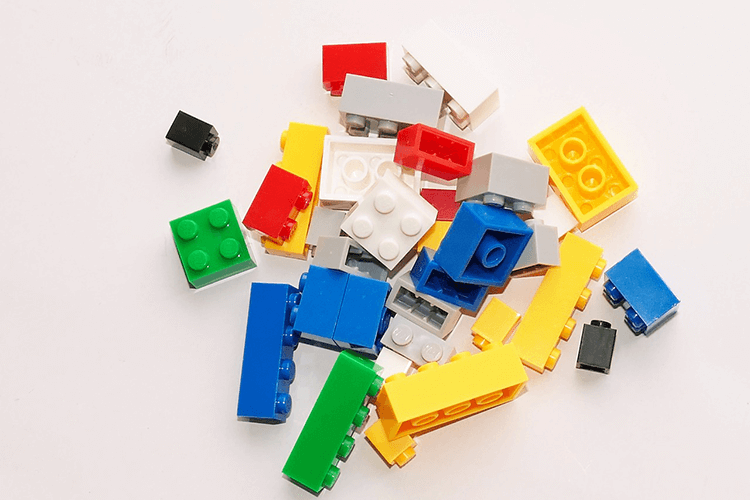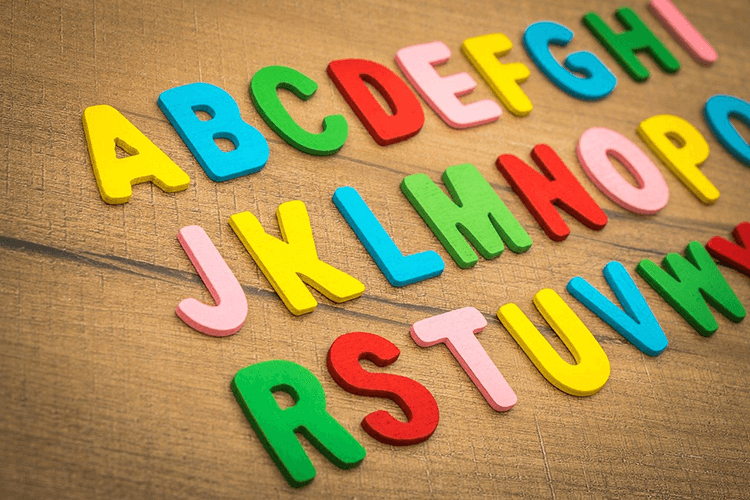Blogs
8 Kind Of Extracurricular Activities For Kids- Must Try Them Once

To engage the children in extracurricular activities has become a task, given the distractions available in the form of "Screens" being an easy option.
Extracurricular activities aim to kindle their energy constructively outside their academic curriculum and more importantly, allow them to discover their strengths and inclinations.
It is equally crucial for the parents to help their child deduce his/her interests from the many options available. It begins by offering them all the options and carefully shortlisting the activities your child loves more. It is only so long that your children will choose for themselves.
As dotting parents, you are capable of recognizing the interests of your child. The pre-biased assumption that a flamboyant child will like physical activities and a shy or low-key child might prefer calmer activities is faulty.
Each of the eight activities mentioned below is said to support the development of different physiological and physical characteristics in children.
Music and Dance

Parents cannot stop cheering and smiling while watching their children dance or sing. Tapping their interest in dance/music/instrument is a very notable way to keep them engaged while learning a skill. The children who sing/play instrument/dance, are attested to have promptly gained qualities of emotional intelligence and perseverance. The children from all age groups enjoy the tranquillity effect that music on everyone!
Sports

The spectrum of "Sports" is not limited to stereotypical cricket and badminton only. Any sporting activity that interests your child is a perfect extracurricular activity to keep them physically active. As we all are aware of health benefits derived out of sports in terms of physical health, the catch is to decipher which sport your child interested in. Exhibit options by way of live sports on television, let them explore game accessories suiting their age. Experts suggest every child should atleast participate in one physical sport for developing natural physical strength. Therefore, the onus of recognizing the prefered sport and motivating the children lies with their parents.
Brainstorming Activities

The schooling module is about learning, however, it has the limitations of core-curriculum. Many children may have a curiosity for various quizzes, maths tests, olympiads. It improves their problem-solving skills and academic performance while imbibing leadership qualities. These activities need not be related to study subjects only, such as Sudoko, Number games, Rubik's cube, Coding classes (to know more about coding classes click - Learning), online contests, general knowledge quizzes etc.
Art and Craft

Although arts and craft are considered soft activities, they have a deep-rooted impression on children. An ocean of activities such as drawing, clay craft, pottery, painting & sketching and many such other activities play a very powerful role in shaping one's personality. The recently trending activity of abstract colour pouring painting has broken records of popularity. The concept of arts activities is therapeutic and aids in developing sensory intelligence. Let your children choose their form of arts and give wings to their creativity. The inclination for arts and craft went soaring high during the pandemic lockdown when people enjoyed these activities at home to keep away from stress.
Language and Improvisation

Apart from school subjects, language improvisation is also a great activity for developing communication and social skills. As the children's brain is still developing, it is easier for them to grasp a new dialect. Introducing them to a foreign language at an early age is an excellent opportunity for adding a skill-enhancing activity to their post-school horizon. Being multi-lingual augments the personality to be more adaptable and open to innovation and prepares for extensive prospects for wider future opportunities in life! Letter writing, debate competitions, language quizzes are some of the language-based activities.
Hobbies

Hobbies are the interest-generated activities that a person is naturally inclined to. We are discussing Hobbies as a separate extracurricular activity because it is easier to get them started with, especially in the case of teenagers. Parents don't need to specially motivate or urge them to take it up! Atypical activities such as Cooking, lego structures, Philately, Notaphily, Nature studies, Reading books, have more impacting because the child is self-motivated with the fascination for the hobby. Promoting to take up hobbies develops a sense of discipline and confidence in the children as they feel they are doing something they want to, not something suggested or offered by adults. It is usually observed that children and teenagers choose Chess, Reading, sewing and other non-stereotypical hobbies that calms and relaxes them.
Science clubs

The children who prefer to ask how and why behind every process are usually interested in science and experimenting. Involvement in various science clubs that take along the journey of how and why logic helps to quench the inquisitiveness of children with sound reasons. The structured pathway to learning the universe of science keeps the children interested while rendering benefits like developing logical thinking along, intellectual reasoning skills, awareness of surroundings and alertness. Various clubs are available in live and online versions where the children can learn by relating the experiments with outcomes.
NCC/ Scouting

National Cadet Corps must be the primary choice for extracurricular activities. All children above 13 years of age can enrol for NCC. Life skills, from all spheres of life, are taught to the cadets by participating in real-like life situations. Team management, compassion, physical strength, survival techniques all of such practical approach concerns are addressed and taught here. It means an all-round development of your child and making them ready for the real world in future.
As both urban or rural students are exposed to a relatively inactive and sedentary lifestyle, including extracurricular activities is more important than ever. For the positively progressive and constructive development of the children, it is parallelly crucial that the children and teenagers are prompted for extracurricular activities with reasoning and their choice. They should be able to select what interests them. Forcing activities as compulsion will impact negatively rather than benefitting their psychological growth. Keeping their brains active, augmenting overall development without burdening them is the essence of these activities.
We encourage the parents to support their children in having preferences for activities.
Love this blog? Share it with other parents.





